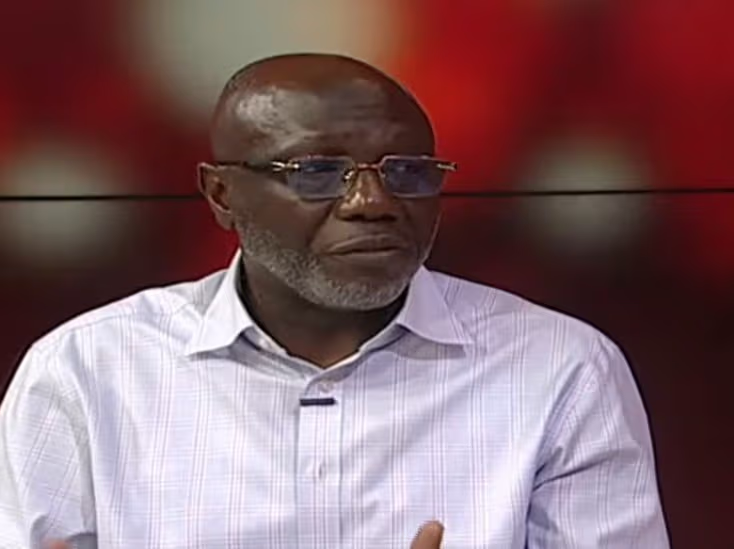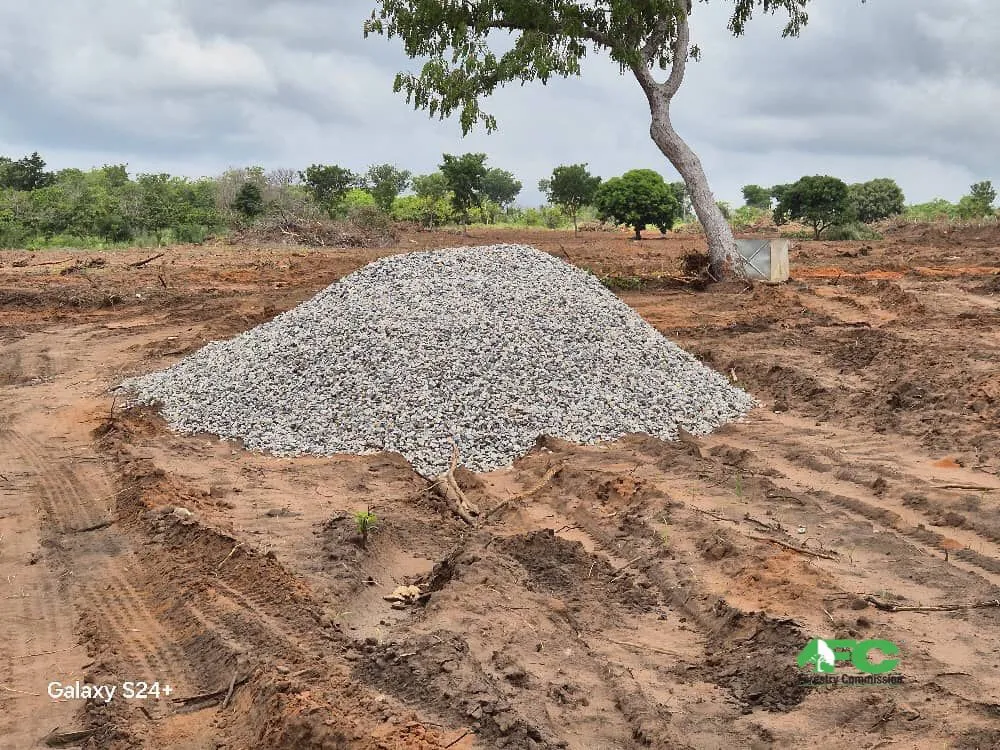The Chief Executive Officer (CEO) of the Environmental Protection Agency (EPA), Prof. Nana Ama Browne Klutse, says Ghana can turn plastic waste into wealth without compromising its future.
She believes the initiative requires proper planning, focusing on extended producer responsibility from the outset.
According to her, the EPA fully supports segregating local markets for recyclables with transparent financing, to ensure Ghana’s wealth is not left to pollute its rivers.
Speaking as a guest speaker in a recorded video at Media General’s Waste Summit 2025, on the theme; Filtering the Future: Plastics, Waste and Wealth, Prof. Klutse explained what her outfit is doing to ensure plastic waste becomes an asset to the state instead of a liability.
“Can we turn plastic waste into wealth without throwing away our future?” she asked, adding that “at EPA, our answer is yes, if we design for it, finance it and measure results.”
She explained that “products must be recycled from the start through the extended producer responsibility. Producers help pay for collection and circularity.”
Prof. Klutse stated that whatever cannot be recycled in the country should not be on the market in the first place, sharing how her Agency is bringing the informal sector on board for a safer environment.
“If it can’t be collected or recycled at scale, it should not be on the market. We are backing reliable collection, sorting and local markets for recyclables, financed transparently, judged by outcomes, tonnes collected, recycled and leakage reduced.
“Thousands of informal workers power this system. We are integrating them, ensuring safer work, fair prices and traceable payments because dignity builds a workforce that delivers a better tomorrow,” she explained on Tuesday, October 28, 2025, at the Labadi Beach Hotel.
She concluded that, “Let’s keep plastics in the economy, and not in our rivers.”
Plastic waste has become a significant issue in Ghana due to rapid urbanisation, population growth, and inadequate waste management infrastructure. The widespread use of single-use plastics, particularly plastic bags and sachets, has led to massive amounts of waste.
Many Ghanaians dispose of plastic waste improperly, leading to choked drains, polluted waterways, and unsightly landscapes. The country’s informal economy also contributes to the problem, as many rely on plastic waste for livelihoods, but lack proper collection and recycling systems.
Ghana’s beaches and coastal areas are also affected, harming marine life and the tourism industry. The Environmental Protection Agency (EPA) estimates that Ghana generates over 1.2 million tonnes of plastic waste annually, with only a fraction being properly managed.
This has necessitated the need for the country to re-examine how plastic waste is disposed of in the country, to ensure the environment is not excessively polluted.







